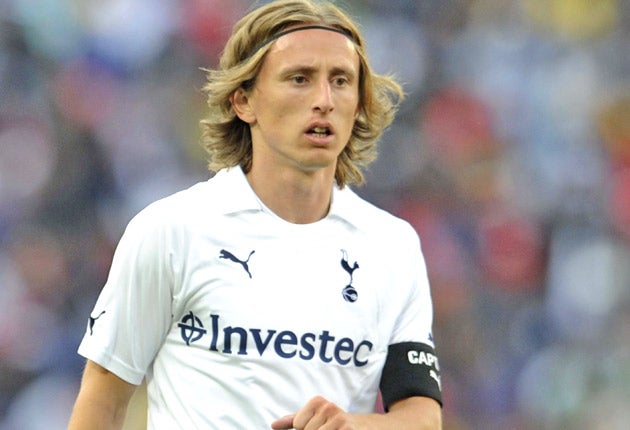James Lawton: It's time to shut the transfer window anarchy and restore game's lost lustre
What we are left with is a strong case for one shortened window in the summer, when a club has had a season to assess its strength and needs and has a strategy based on vision and planning

It is over now, thank God, all the power moves of the big clubs and the desperate lunges of the small ones and the distortions they work on what we used to know, laughable though it sounds now, as the balance of football power.
The trouble is the transfer window will be re-opened soon enough – in four months' time – just in case Sir Alex Ferguson or Roberto Mancini or Andre Villas-Boas or Kenny Dalglish want to rectify the odd mistake, prop up a hint of weakness in their squads, or some new oligarch or sheikh has blown in with a fortune to spend.
Then we have to stomach again the wretched underlining of the game's most salient fact.
This is the now unshakeable understanding that no loyalty runs too deep in football, no attachment has sufficient meaning, to prevent it being torn away in the time it takes some opulently suited agent to pick up a phone and run a few numbers past his client.
A client, for example, like Luka Modric who last weekend told his Tottenham manager Harry Redknapp that if he could get his head around the figures Chelsea were ready to print on his payslip the same could not be said of his professional obligation to the club who have paid his not inconsiderable wages for some years.
Modric said he could not play against Manchester City because his head wasn't right. What about his heart and his pride? Plainly it had flown through the transfer window – just like Javier Mascherano's at the same time last season when he also told his club, Liverpool, he wasn't right to play against Manchester City. He had his mind on Barcelona, he explained.
A few voices are being raised against the anarchy of the transfer window, how it still hangs open at the formative stages of a new season, how it has created Arsène Wenger's demeaning scramble to do the work he is now legitimately charged with neglecting in the close season when managers and coaches might be reasonably expected to shape their campaigns.
Villas-Boas now says that he is going to argue for a major contraction in the time of the summer market but disappointingly it is not because of the devastation it causes to the professional values of players like Modric and Mascherano but because it will improve the "tranquillity" of the big-gun managers like himself who, having spent their money, want to get on with the business of making a team.
Perhaps a little more managerial tranquillity – especially at Arsenal – might do wonders for the quality of football at the top end of the game, but it is hardly the most pressing reason for ending the grisly transfer agitation that has already so deeply disfigured the new season.
The drama of Modric's situation stretched through the summer. It dominated Tottenham's horizon. It led the club chairman Daniel Levy to take a position on which many in football could not decide until the passing of last night's deadline. Was it a moral stand or a trading ploy? Given the view from the transfer window, and the fact that three years ago Spurs submitted to the pressure exerted by Ferguson and sold Dimitar Berbatov to Manchester United at the last available moment, not even Levy could complain about the scepticism.
What we are left with, surely, is an overwhelming case for one shortened transfer window in the summer, when a club has had a season to assess its strengths and needs and must rely not on emergency spending into the new campaign – and the kind of £50m top-up that saw Chelsea sign an under-performing Fernando Torres last January – but a strategy that has more to do with vision and planning than reflex spending.
When the system was imposed nine years ago, Steve Coppell, set to embark with considerable skill on his reign at Reading, was an immediate critic. He said the new system bred panic and encouraged ruthless transfer activity. He could not see the logic of its fire-sale mentality, its power to unsettle players and lead managers with money in their pockets to lay waste to the strivings of those rivals who did not.
Coppell's complaint was an early cry against the tyranny of money, impure and simple and of course it was never heard above the clamour of the transfer chase. Some insist that the transfer window is inherently sexy, that it creates for four months out of every 12 a web of intrigue and expectation.
Unfortunately it also has the capacity to rip away the heart of a club and the faith of its supporters. One phone call can turn an already uneven playing field into a precipice. It makes a pariah out of a hero, Modric knows now, and it meant that Torres was speaking of reality when he said that the shirt-kissing days were well and truly over.
No one can stop the transfer market but if we didn't know before that it had to be controlled, we know it now. Football should trade for a month each summer – and then let the best team win.
Join our commenting forum
Join thought-provoking conversations, follow other Independent readers and see their replies
Comments